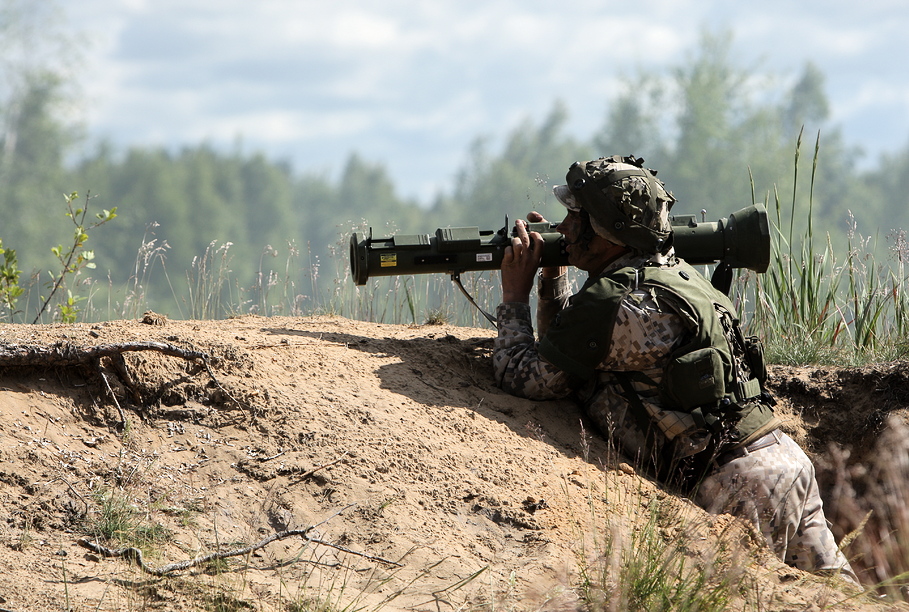Old assumptions on how to defend this tense part of NATO territory need revisiting, according to Stars and Stripes, which recently published an article about the challenges for conducting military activities in the Baltics that are presented by the terrain, logistics and regulations .
During a hectic, three-day Terrain Walk last week, USAREUR soldiers, accompanied by a contingent of representatives from various U.S. commands and allied states, visited everything from ammunition depots to major German and Latvian ports that are key nodes in the supply chain, explains the article.
Where there are moose there are swamps, and for tanks deployed by U.S. Army Europe, that’s no good.
The article then goes on to the possible ways of rethinking the defense strategy of the Baltics.
For one, as tanks cannot be used too effectively around here, "More light-weight attack vehicles such as Strykers could be in order", said USAREUR’s Col. Jeffrey French during a strategy huddle of top Army leaders on a recent stop in Rīga.
Further challenges are presented by bog land, limited highway infrastructure and a shortage of heavy rail cars, a huge surplus of which could be found in neighboring Russia. As for them:
“I’m not sure of their propensity for lending us rail cars in a time of need,” said Lt. Col. Steven Dowgielewicz, commander of the 39th Transportation Battalion.
Rail in the Baltics still operates on Russian gauge, which is some nine centimeters wider than the European Standard gauge, so cargo has to be offloaded to different trains. This, in turn, can create transportation bottlenecks as rail is the standard way of moving heavy equipment.
The answer could lie in having more on the spot. Finding additional ways to pre-position more equipment, ammunition and vehicles will be crucial, commanders said.
Regulations present a challenge to responding quickly as well. For example, there's an arcane rule that the U.S. is required to give the German government four weeks’ notice before moving military equipment through areas that were once part of East Germany.





























